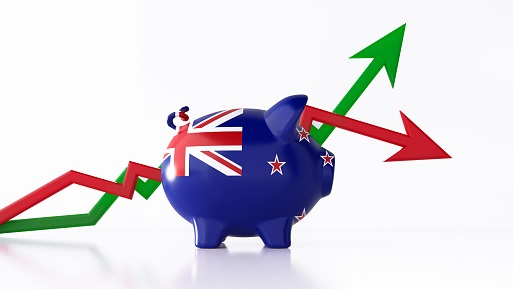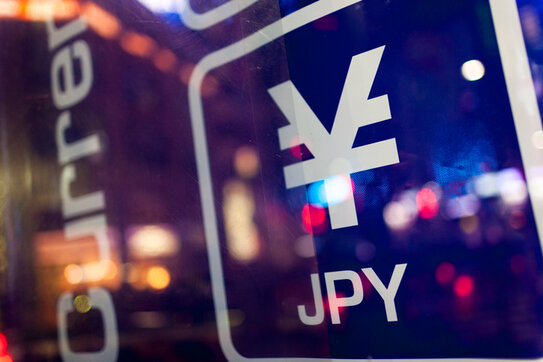Markets await the release of the RBNZ rate decision this week, with most traders and investors expecting that the New Zealand central bank will keep rates unchanged.
Last month the Reserve Bank of New Zealand lifted the official cash rate by 25bps to 5.5%, the highest since December 2008. It was the 12th straight rate hike, in line with market consensus, as consumer inflation, at 6.7% in Q1 of 2023, remained too high with many measures of inflation expectations staying elevated.
Meantime, employment indicators continued to be on an upward path, and high net immigration also added to demand in the economy. Wednesday’s move brought a total of 525bps increases since October 2021.
The central bank said it now sees borrowing costs peaking at the current level, with cuts beginning in Q3 of 2024. It noted a GDP contraction of 0.6% in Q4 of 2022 was unexpected while a mild recession is projected for Q2 and Q3 of 2023.
The board was also aware that demand is slowing in parts of the economy that are most sensitive to high-interest rates, like housing. But the rebuilding work after recent floods should provide a small offset to the fall.
Scotia Bank said that “The Reserve Bank of New Zealand is widely expected to hold its target rate unchanged at 5.5%” and “The consensus of economists is unanimous in favouring a hold and markets are assigning a very low probability of a hike.”
Scotia also notes how the rate hike cycle has impacted the New Zealand economy. “The New Zealand economy has mildly contracted for two consecutive quarters, and so the economy is starting to open up disinflationary slack.”
The bank noted “the removal of a bias that was open to future tightening in favour of “remain” guidance signalling a pause was a significant indication that barring material surprises the RBNZ is at a minimum on hold to assess further data and developments and may be done hiking.”




